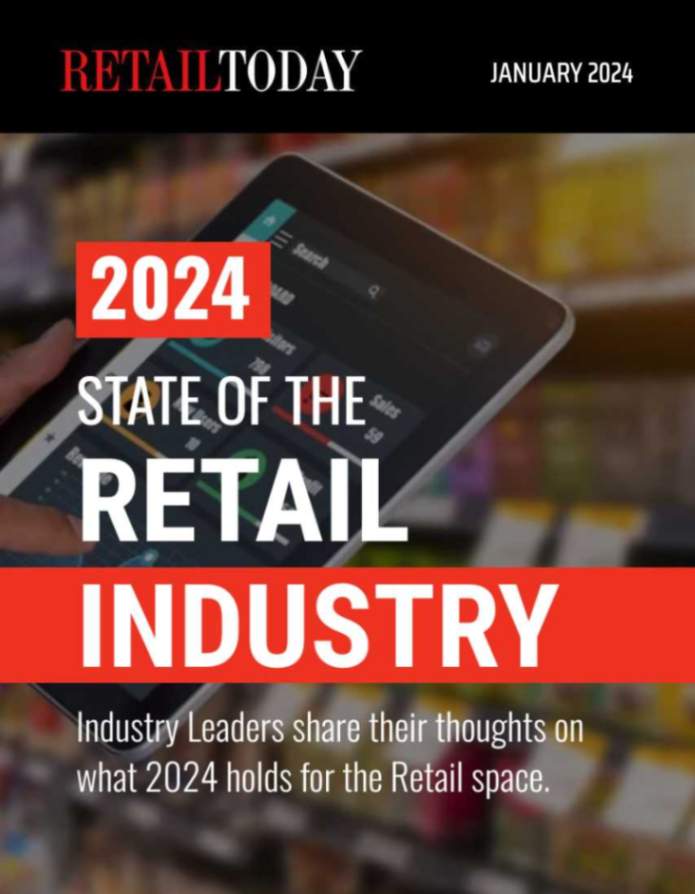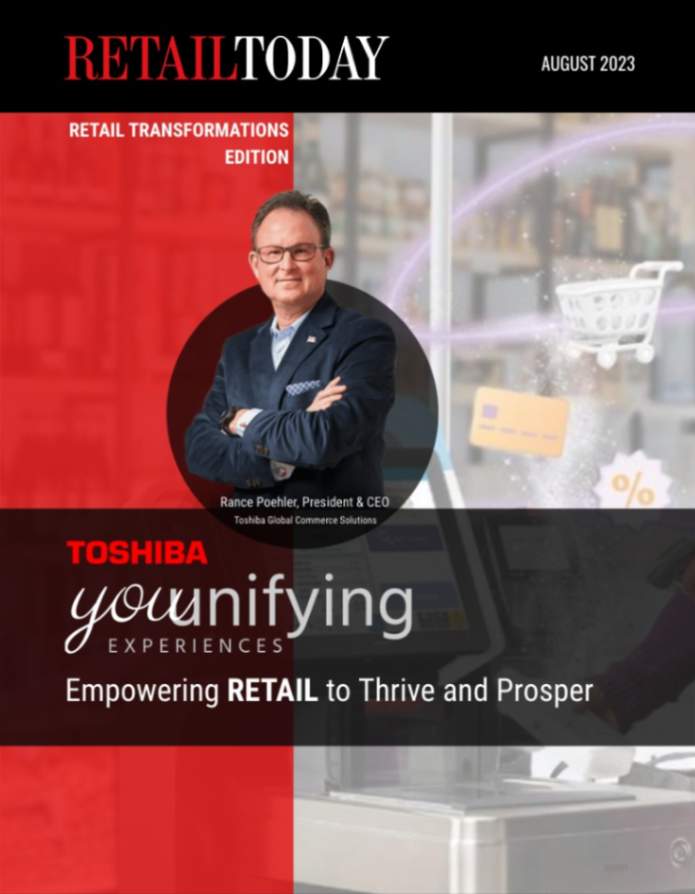
The trend I’m most excited about in 2024 is ecommerce companies and the vendors they work with finding actually useful things to do with generative AI. These projects and initiatives will be different than what we saw in 2023 – less focused on the flashiness of AI and more on driving real customer value.
2023 was a year in which AI was on everyone’s mind, with the possibilities introduced by ChatGPT pushing the limits of everyone’s imaginations. Companies big and small rushed to come out with something that uses generative AI – both to try to get ahead of their competitors, but also to make sure they didn’t look like they were being left behind. 2023 was largely a year of vendors that did not previously do AI feeling compelled to jump around, gesticulating wildly and shouting “us too!” – showing off generative AI features that emphasized AI in an ostentatious way… yet typically did not improve ecommerce companies’ business metrics or customer experience.
This year (and beyond), that will change. The guiding question for ecommerce companies will be: “What can AI do for us and our customers?” Rather than impulsively rush to incorporate AI (because it’s AI!!), companies will take a much more scrutinizing approach: evaluating projects by their measurable value and rejecting or abandoning initiatives that don’t add value to the customer experience.
With this in mind, ecommerce companies will invest in ways to use large language models (LLMs) and transformers (the “T” in ChatGPT) to create more attractive, meaningful, productive and engaging customer experiences that simultaneously support the business’s key performance indicators (KPIs).
A ‘recipe’ for success with AI
As an example, we have one customer in the grocery space that had an interesting realization that could benefit both them and their customers: The grocer could use generative AI to vastly improve a shopper’s experience finding recipes (and then easily procuring the ingredients). After a customer searches for a recipe on the grocer’s site, an ecommerce-focused LLM can automatically generate that recipe (when it’s not already available in the site’s content) AND can limit the set of recipes generated to just those that can be made with the products the grocer sells and has in stock. What’s more, product discovery AI can be applied on top of that to make a personalized recommendation for each item in the recipe (so if the recipe calls for milk, and the shopper tends to buy organic, options for organic milk will be shown). This way, after discovering a recipe, the customer can easily add every product they need to cart, directly from that newly generated recipes page. We’ve enjoyed working with the grocery company on this initiative – and working to disrupt the previous “status quo.”
Beforehand, this was the sort of thing a shopper would need to largely accomplish off-site, maybe Googling the recipe, and then potentially finding one that has ingredients the grocer doesn’t carry and going to shop for the products elsewhere – or needing to see ads or affiliate links to be convinced to come back to the grocer’s site.
Instead, empowering shoppers to do this sort of research on the ecommerce site itself benefits the shopper and the grocer: providing a better and stickier experience that’s a win-win. The only “losers” are the third parties like Google and recipe sites that are getting disintermediated by the grocer having a much more powerful ecommerce site than in the past.
Making a measurable change
With cases like this, the value achieved isn’t something theoretical, and it’s not a matter of opinion. The ecommerce site can literally measure whether making this type of functionality available increases revenue per visitor, decreases exit rates and decreases the amount of shoppers who only come to the site through affiliate links.
The exciting thing to me is that this is just one example from just one area of commerce. There are so many more projects like this that are just waiting to be implemented and where the business value can actually be measured.
Generative AI use cases like these are the battleground of the future where ecommerce companies will compete with both their competitors and third parties like Google for providing value to customers. The ones that win will have the benefit of more organic, more loyal customers who come back again and again.
Eli Finkelshteyn is the co-founder and CEO of Constructor (www.constructor.io), an artificial intelligence (Al)-based product discovery and search platform used by ecommerce companies worldwide, including Sephora, American Eagle, Petco, Birkenstock, Target Australia and many more. Formerly a data scientist and engineer, Eli has spent over 15 years working in the areas of machine learning and natural language processing.






